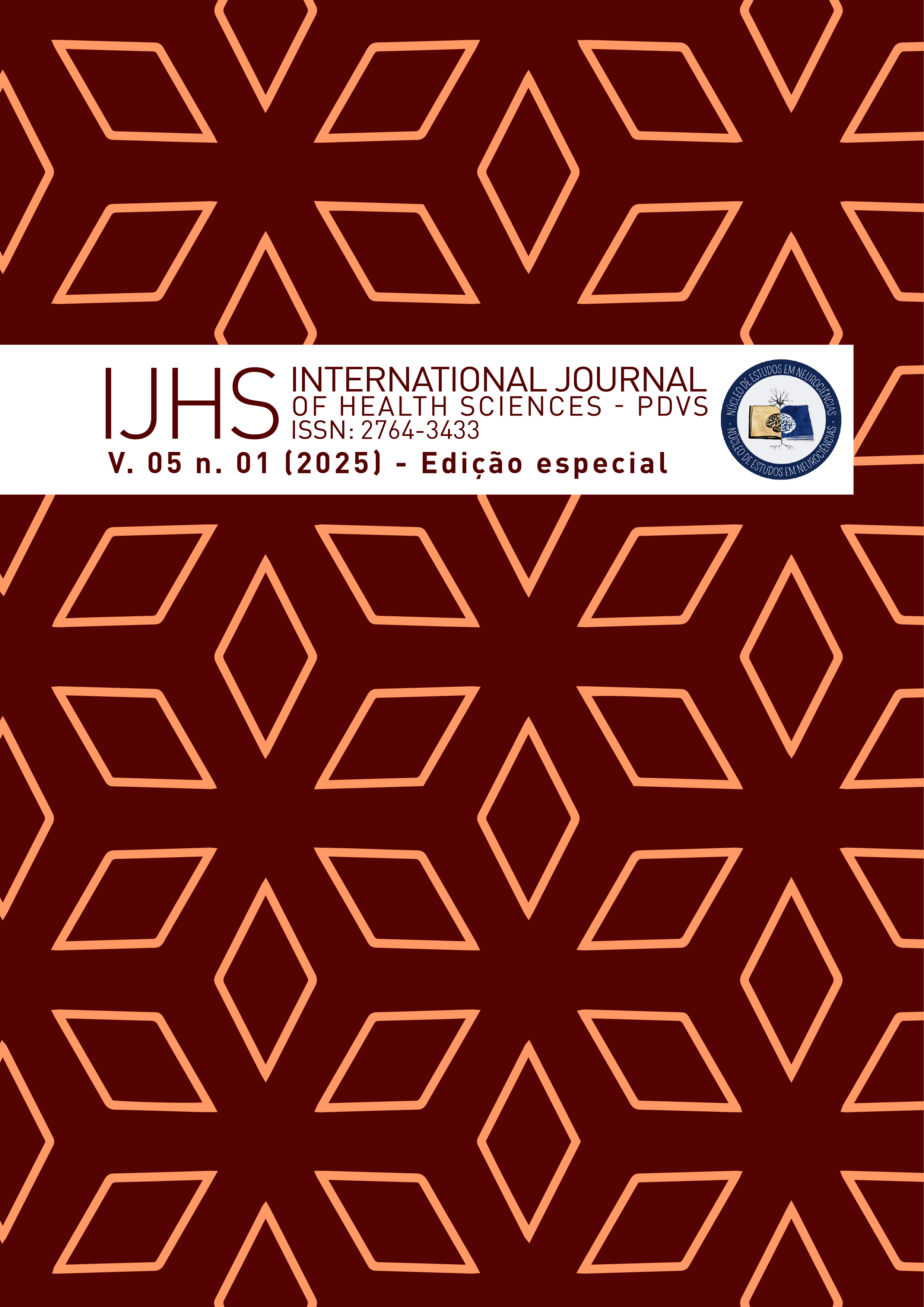THE USE OF ANTIBODIES AS A THERAPEUTIC MEASURE IN CREUTZFELDT-JAKOB DISEASE: AN INTEGRATIVE REVIEW
DOI:
https://doi.org/10.31692/2764-3433.v5i1.295Keywords:
Creutzfeldt-Jakob Disease, Antibodies, Prions, TherapeuticsAbstract
Amyloid or prion diseases are caused by the incorrect folding of the cellular prion protein (PrPc), resulting in the infectious protein (PrPSc), its neurotoxic form, without any alteration in the DNA sequence. Furthermore, through the stabilization of the tertiary structure, these proteins fold in different ways, generating different strains. Prion diseases are a group of neurodegenerative diseases that include Creutzfeldt-Jakob Disease and progress rapidly, spreading through the brain through neurons and mutating the β-amyloid peptides present on the surface of their membranes, generating water-insoluble aggregates, called amyloid fibrils, which later form amyloid plaques. The accumulation of these proteins generates an inflammatory response by activating the glia, responsible for protection against the pathogen. Creutzfeldt-Jakob Disease (CJD) is a disease that can occur in three ways: acquired, through contamination by prpc; familial or spontaneous, the latter being the focus of this integrative review. Recent developments in the field of prion studies have shed light on possible new ways to improve the quality of life of patients with the use of antibodies not only as a form of diagnosis, but also as a means of delaying the disease.

Downloads
Published
Issue
Section
License
Copyright (c) 2025 International Journal of Health Sciences

This work is licensed under a Creative Commons Attribution 4.0 International License.





